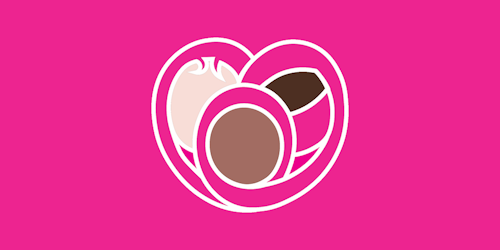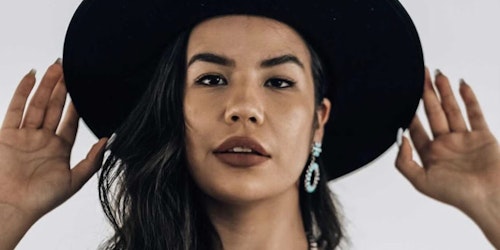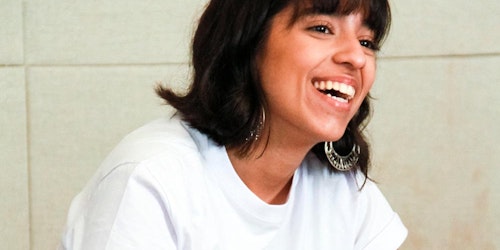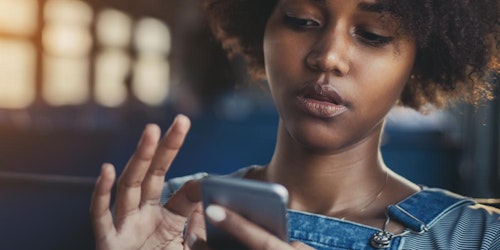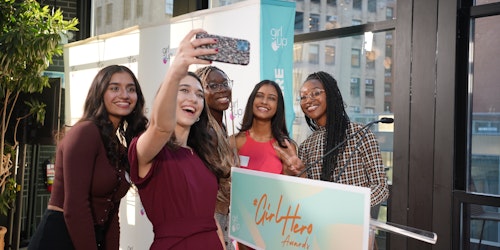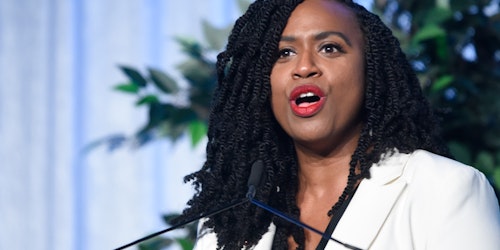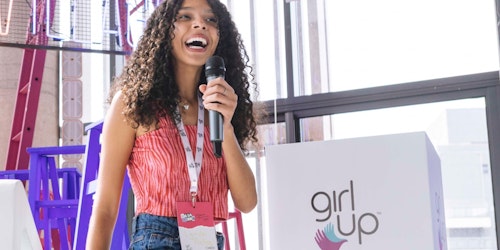Every March, people all around the world commemorate Women’s History Month: A time to recognize the invaluable impact of trailblazing women honored throughout history—and a time to reflect on why countless others still remain unknown today. While we tirelessly endeavor to create a gender justice world where girls & women are finally #EqualEverywhere, we cannot forget that Women’s History Month is also a time to celebrate the young female changemakers who are bravely breaking barriers for future girl leaders.
No one understands the unbridled power of past and present generations of women more than award-winning author, historian, and longtime woman’s rights advocate Dr. Nina Ansary. Before wrapping up Women’s History Month this year, we spoke to Dr. Ansary about the importance of championing female heroes year-round and the positive social and systemic effects amplifying such role models will have on all of society.
This Women’s History Month, Girl Up is highlighting #GenRisingGenThriving: A generation of youth leaders who are not only rising to the challenge of creating a more just, equitable world for all, but who are thriving as activists, as changemakers, as teenagers. What is it about this new generation of youth leaders that inspires you?
I am continuously inspired and in awe of this new generation of youth leaders and their commitment to disrupting and impacting the world around them by using their platforms to highlight and support worthwhile causes, fuel activism, and prioritize diversity, inclusivity, sustainability, and social responsibility. They are setting new trends through creativity and innovation. They not only work harder but also smarter, leading by example and prioritizing work that is not only purpose-driven but also positively impacts their communities. Today’s youth leaders exemplify and embody hope, empathy, authenticity, as well as effective and responsible leadership—especially when it concerns geopolitical tensions and social issues. These extraordinary—and in many ways unprecedented—qualities are exhibited through words as well as actions. By encouraging cross-cultural and diverse perspectives, working together towards a more equitable future, they’re unlocking the full potential of human capital. As a collective, they aspire and inspire by leading global movements, creating safe spaces for dialogue, and showcasing the power of collaboration.
The gender justice movement has seen many successes over the last few years, yet it’s also experienced many setbacks. One most recent is UN Women estimating that gender equality will not be achieved for nearly 300 years. In the face of such daunting challenges, where do you find the motivation to keep striving for change and how do you keep going amidst all the obstacles?
Maintaining a positive and hopeful attitude is key. So is knowing that, throughout history, generations of fearless women have shown extraordinary courage in the face of systemic oppression and discrimination, oftentimes paying the ultimate price for basic rights and human dignity. As women, our greatest strength comes from putting aside our differences and building toward a future where women and girls are given equal rights and opportunities to achieve, create, govern, contribute, and realize their full potential. Not a day goes by when I am not inspired and motivated by the remarkable and boundless courage of women and girls in Iran and Afghanistan fighting the gender apartheid regimes. Their struggles are important reminders that we all have a moral responsibility and each and every one of us can—and must—do our part to support and stand in solidarity with our sisters who have peacefully taken to the streets demanding their rights. Their bravery and refusal to surrender are powerful reminders to me that we must remain vigilant and not look at setbacks as failures, but as obstacles that can and will be overcome.
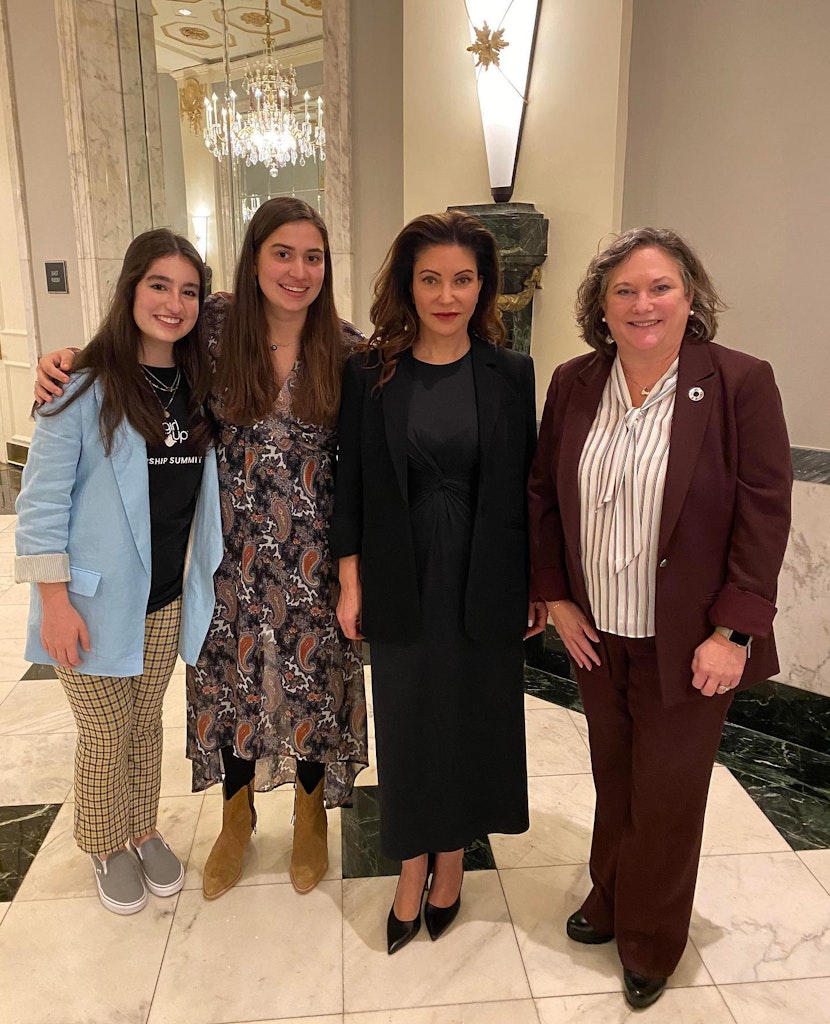
You actually wrote about the “relentless journey of perseverance … to move beyond gender barriers” in a previous VOICES blog, and how that journey begins when we find our “personal calling.” How did you find your personal calling and do you have any advice for those of us who may be searching for ours?
Finding my personal calling came in different stages. Initially, it was during my undergraduate years at Barnard College. At the time, like many undergraduates, my personal calling was very much unwritten. Barnard felt like a safe and empowering haven where young women were encouraged to explore and take risks in order to find their personal calling and forge their own path. Years later, when I was studying for my doctorate at Columbia University, I came upon literature that countered the predominant narrative at the time about women’s lives under the Islamic Republic. And that was the spark for my personal calling.
My best advice to anyone searching for their personal calling is to find your passion and allow it to be your guide. Oprah Winfrey describes it in this way: “I’ve come to believe that each of us has a personal calling that’s as unique as a fingerprint – and that the best way to succeed is to discover what you love and then find a way to offer it to others in the form of service, working hard, and also allowing the energy of the universe to lead you.”
The last and most important ingredient in this journey is to have courage and to never give up. Novelist Anaïs Nin once said, “Life shrinks and expands in proportion to one’s courage.” Here again, I draw inspiration from the courageous women and girls in my birth country of Iran who have refused to allow 44 years of egregious human rights violence to prevent them from leading the way for change. Whatever path you pursue in life, you will inevitably face obstacles. But what ultimately determines your future, is how you choose to respond to the challenges.
In your book “Anonymous Is a Woman,” you explore the erasure of notable female figures in recorded human history. Why do you think recognizing the contributions of these unsung heroes is critical to realizing gender justice? Do you hope that one day you’re no longer known as a writer of women’s “hidden histories?”
Throughout history, female pioneers have used their voice, skill, and intellect to pave the way for equality. Their collective contributions represent a rich and vibrant history of resiliency which at times have come at a great personal sacrifice. In the process, they have shown nothing is impossible if you have passion and conviction. So many of these extraordinary women deserve to be household names, yet many are missing from the pages of our history books, relegated to obscurity and anonymity solely because they are women. It is important to recognize their contributions because they have accomplished against all odds, inspired, broken barriers, and shaped world history. Their biographical profiles dismantle centuries of historical bias and refute ingrained stereotypical assumptions which continue to limit opportunities for women and girls, particularly in male-dominated fields. Research shows that exposure to female role models directly impacts girls in terms of leadership, aspiration, and education. If we are to reap the benefits of a more equitable world, it’s imperative to recognize these contributions as well as work towards a future in which women are no longer subjugated, less visible, undervalued, and left behind.
Despite the plethora of remaining challenges which are not limited to women’s hidden histories, I am confident that the new generation of activists, thought leaders, and changemakers will move us closer toward a more balanced and equitable world – one which will allow me to enthusiastically search for a new career path.
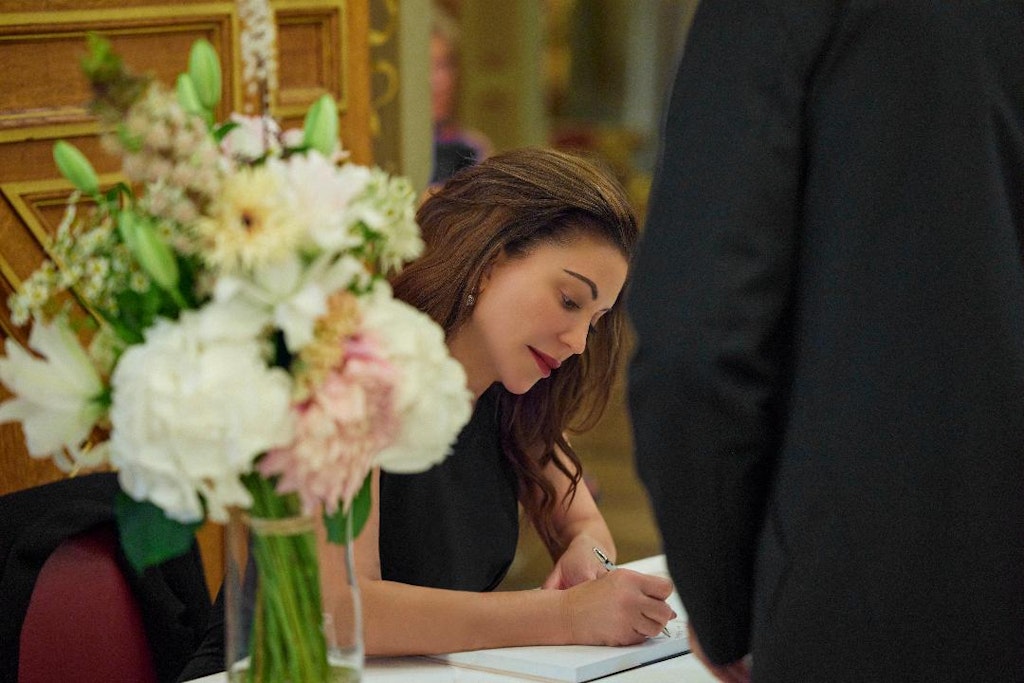
Girls and women in Iran are – and have been for decades – bravely fighting for their fundamental rights. As an Iranian-American and a women’s rights advocate, what does this anthem of “Zan. Zendegi. Azadi. Woman. Life. Freedom” mean to you?
In the aftermath of the brutal killing of 22-year-old Kurdish Iranian woman Mahsa Jina Amini for improper veiling by the Islamic regime’s morality police, the iconic Kurdish slogan “Woman.Life.Freedom./ Jin.Jiyan.Azadi/ Zan.Zendegi.Azadi,” has come to reflect the struggle against a repressive theocratic regime, the right to live free from violence and discrimination, and the right to autonomy and self-determination. It is emblematic of a fearless generation of women and girls demanding freedom from a gender apartheid regime. The average age of protesters in Iran is 15 and they are up against formidable challenges. They are risking their lives for human rights and basic dignity despite brutal repression, including rape, killing, torture, and intimidation. They are engaging in symbolic and powerful acts of civil disobedience, cutting their hair and burning their headscarves on the streets and on social media. Their perseverance and unrelenting spirit despite the violence have inspired millions around the world. The slogan “Woman.Life.Freedom.” symbolizes a new dawn and a new era in Iran’s history. These words not only fuel the revolutionary fervor of millions of Iranians who long for normality but has also spread globally to symbolize justice and freedom from oppression.
Generations of changemakers around the world, from young Girl Up leaders to experienced decision-makers like yourself, are busy building a fairer future for all. How do you envision a world where women have equal rights and the freedom to live autonomous lives?
The world we live in currently reflects the vision and capability of approximately half of the global population. A world where women have equal rights and the freedom to live autonomous lives will be a world where our communities are stronger, our workforce more dynamic, and our economies more profitable. It will be a world where women will have equal representation in leadership positions – in governments, boardrooms, peace and climate negotiations – everywhere decisions are taken that affect people’s lives. It will mean having parity in all spheres – including cabinets and throughout the economy. Development, peace, and prosperity mean a world where harmful practices such as child marriage, violence against women, and all forms of discrimination are eliminated. Equally important, it will be a world that values diversity and inclusivity – a world where our differences are embraced. This is why it is important to emphasize this is not just a “woman problem” but a “human problem.” To live in a balanced world means to have the vision and insight to realize our collective potential—including the cultural, economic, and social benefits as well as the endless possibilities of the human race—once judgment, bias, and prejudice are taken out of the equation.
When we all come together to advocate for a cause we are committed to and passionate about, meaningful and lasting change can happen.
As we wrap up Women’s History Month, why is it important we continue to non-performatively celebrate the achievements of women and what is one way we can all truly champion women’s rights year-round?
Achieving gender balance is no small task. It is important to celebrate women who have defied gender stereotypes and broken the glass ceiling as a reminder of the possibilities, to accelerate equality, and empower women and girls. Obviously more change is needed, but in celebrating how far we have come, we are also reminded that change is possible. Highlighting women breaking barriers and taking risks has the power to embolden others to take a leap of faith.
We can champion women’s rights throughout the year by taking to social media, using our voices and platforms, and creating online advocacy groups in order to raise awareness and encourage others to do the same. We can advocate through the policymaking process by supporting different bills that positively impact the lives of women. We can encourage others to learn about why these policies and bills are important and join in the efforts to see these passed as law. When we all come together to advocate for a cause we are committed to and passionate about, meaningful and lasting change can happen.
This interview has been edited for length and clarity.
Watch this space for more conversations with the world’s most influential female changemakers as part of our ongoing “In Conversation With” blog series!

